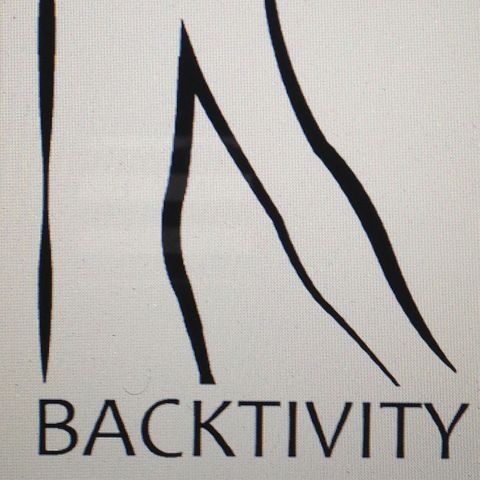Top 10 Club -- the back pain self-cured - Backtivity - searching the world for a back pain cure, for you, by you

Sign up for free
Listen to this episode and many more. Enjoy the best podcasts on Spreaker!
Download and listen anywhere
Download your favorite episodes and enjoy them, wherever you are! Sign up or log in now to access offline listening.
----------------------------------- What constitutes a back pain CURE? Studies pretty consistently show that about 10% (1 in 10) people who have suffered with chronic low back pain (defined as “pain between...
show moreWhat constitutes a back pain CURE?
Studies pretty consistently show that about 10% (1 in 10) people who have suffered with chronic low back pain (defined as “pain between the lower ribs and gluteal folds, with minimal radiation to the thigh and never below the knee”, lasting at least 12 weeks, with daily or nearly daily pain, that is severe enough to interfere with daily activities -- sometimes loosely measured as a minimum pain level of 3 on a scale of 0 - 10 -- will discover a "cure."
Cure is a big word
In the context of low back pain, "cure" means different things to different people. Surprisingly, there are multiple definitions of cure even in the medical literature. This seems preposterous since everyone knows what cure means when talking about infections or cancer. But low back pain is a chronic condition in which the norm is recurrence.
There have been attempts of defining a cure in the medical literature. There's even a review of 82 of those studies. Here are some of their findings:
* 66 different measures of recovery were used among the 82 studies
* 17 used pain as a proxy for recovery
* 7 used disability or function
* 17 were based on some combination of pain and disability
* 9 used single-item recovery rating scales (e.g., Yes to, "My back pain has resolved.")
* 11 used an anchor of "completely recovered"
* 3 used return to work as recovery criterion
* 6 used physical performance as recovery criterion
When the same 0 to 10 pain scale was used, one study set the bar for 0, another at 1, another at 1.5 (Really???), and yet another at 2.
I want to take a second to editorialize about the scientific strength of studies in medicine, in general. I have come to the conclusion that after hundreds of years and thousands of studies that mankind has dedicated to understanding pain, we have a very long way to go. At the end of the article reviewing these studies, the authors write,
It is perhaps not surprising that wide variability exists in the measurement of recovery in low back pain. Indeed, this situation is not uncommon in health-care research. Lack of standardized definitions for key terms and outcomes is noted in studies of whiplash-associated disorders, drowning, falls, spasticity, peptic ulcers and schizophrenia.
I suspect that anyone hearing this will say, "What do you mean, you don't know what drowning (or an ulcer, or back pain cure) is?"
Medical science can learn a lot from other disciplines that some of you might not associate with "hard science." Economics comes to mind. One shining example is the work of husband and wife Princeton economists Angus Deaton and Anne Case (herself a chronic back pain sufferer) who discovered alcohol, drug abuse, and suicide among those with chronic pain is largely responsible for a recent increase death rate among middle aged Americans.
How we Define Cure
Combining clinical research with what we have learned from self-made experts, we have chosen the following criteria to define a cure:
1. Once had back pain lasting at least 12 weeks
2. Had back pain on at least half the days in any 6 month period
3. Nonspecific low back pain (pain located between the twelfth rib and the inferior gluteal fold for which no specific
source of pain could be identified)
4. No longer taking pain medication regularly
5. Pain intensity had been a 4 or greater on a scale of 0 – 10
6. Pain intensity has been a 3 or less on a scale of 0 – 10...
Information
| Author | backtivity back pain cures |
| Website | - |
| Tags |
-
|
Copyright 2024 - Spreaker Inc. an iHeartMedia Company
